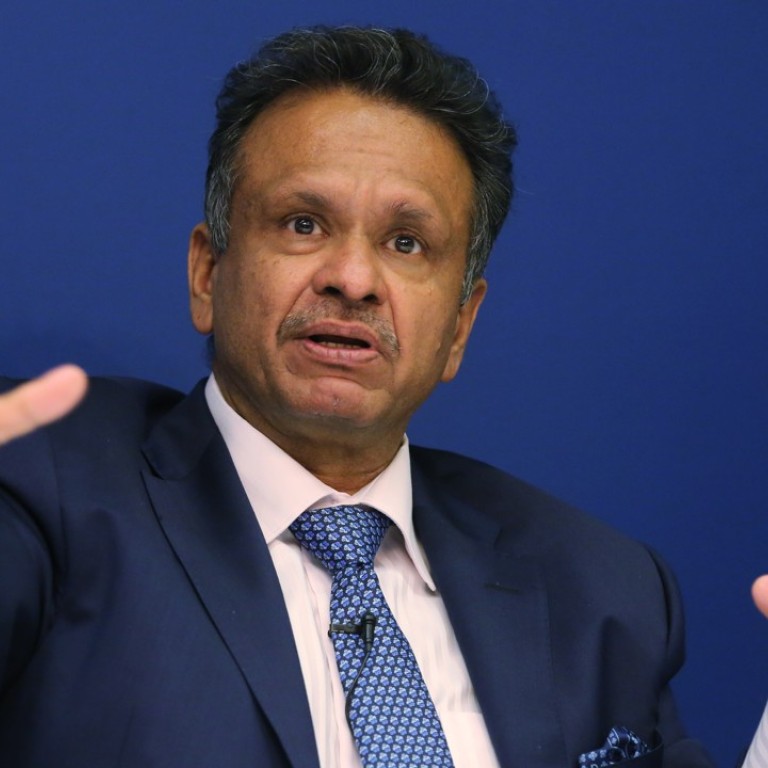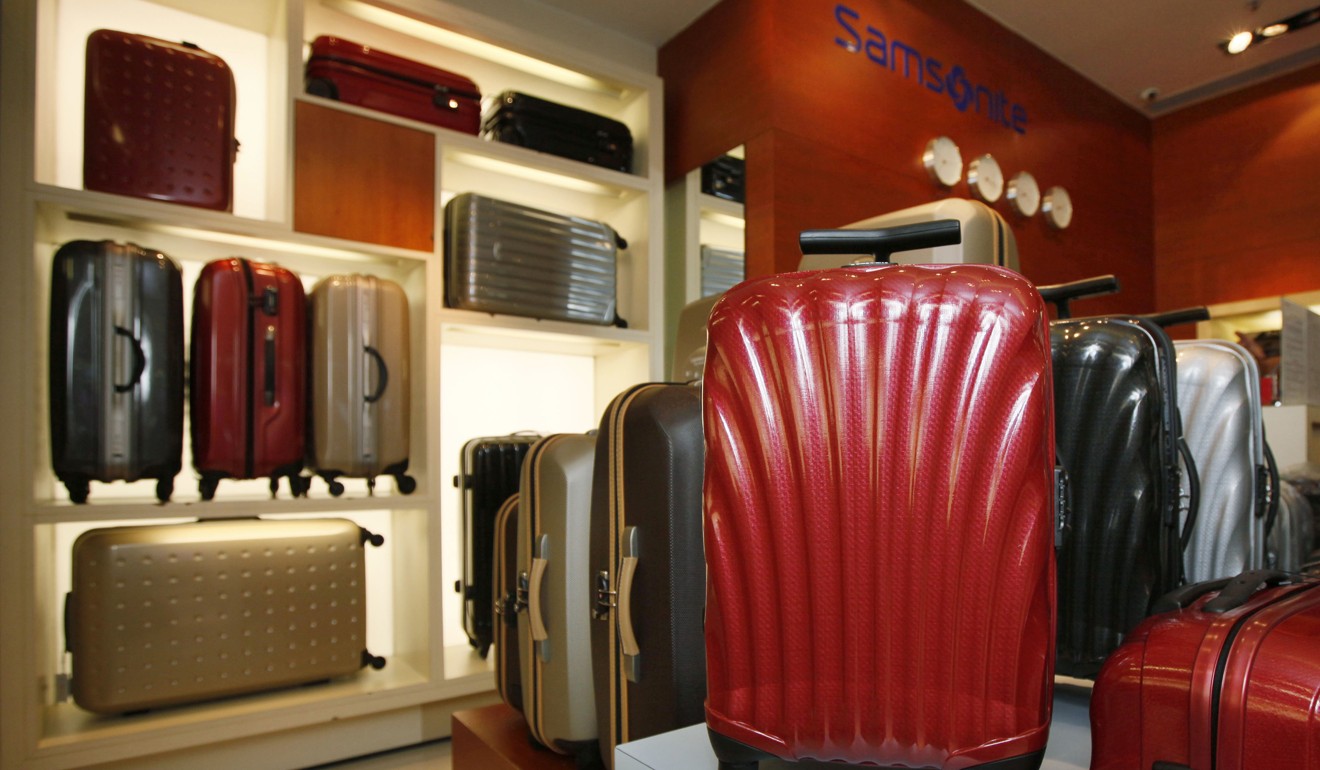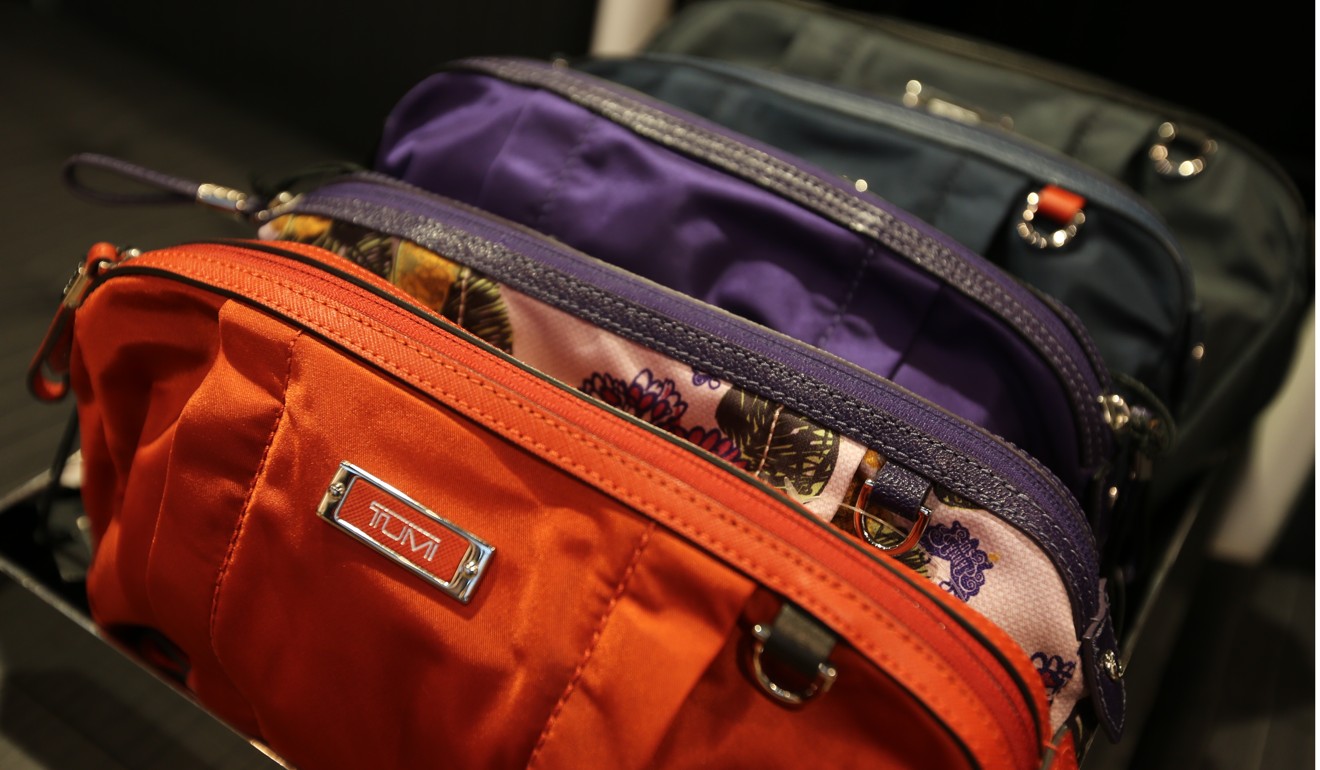
From a small village in India to running a multinational, the incredible journey of Samsonite’s Ramesh Tainwala
Ramesh Tainwala, who this week resigned as the CEO of Hong Kong-listed Samsonite, started off as a small commodities trader in the 1980s, and built his vast retailing empire after cashing in on one opportunity after another
In 2012, Ramesh Tainwala was asked what the greatest challenge facing Samsonite was. “Managing the expectations of shareholders,” the then CEO of Samsonite said. In 2018, that line counts as an understatement.
Tainwala this week resigned from Samsonite after the company was forced to deal with a report by US short-seller Blue Orca Capital that alleged among other things that Tainwala had overvalued a deal to buy luxury luggage brand Tumi, had faked a doctorate on his résumé, and was guilty of massaging Samsonite’s books via a network of related party transactions with entities owned by his wife and son.
The report also alleged that Tainwala and Samsonite had developed a habit of gaining growth through acquisition. “Companies like Samsonite buying growth through expensive, debt-fuelled purchases and playing accounting games with the acquisitions are like drug addicts,” read Blue Orca’s report.
The fall from grace is a harsh denouement for a man once hailed in Indian media as an example of successful entrepreneur – a man who grew up on a humble farm to reach the heights of CEO of an international corporation.

Born in 1959 to a farming family in a northern Indian village in the state of Rajasthan, it might not have been obvious that Tainwala would go on to deal in the world of luxury travel items aimed at the jet set. His first job was as a bank employee making US$50 per month.
“If I worked for 35 years as a bank employee, I still would not be able to buy a house, and I didn’t want to continue living in my village,” he told China Daily in 2017. There were reportedly so many people in his family that not all could fit inside the home to watch TV.
If I worked for 35 years as a bank employee, I still would not be able to buy a house, and I didn’t want to continue living in my village
He thus sought a more entrepreneurial direction, taking a job as a commodities trader for a plastics company in the early 80s, before starting his own company just five years later. Tainwala showed a knack for deal-making early on. Noticing how a certain Japanese mosquito repellent worked exceptionally well (mosquitos being a major problem in India), he formed a joint venture with Sumitomo, the maker, to produce the Casper brand of repellent for the Indian market.
“I always see myself as the consumer,” he once said. “If you are observant, you will find opportunities.”
Those opportunities kept coming. Tainwala Chemicals & Plastics (India) was founded in 1985, originally to supply parts and materials to VIP Industries, an Indian maker of luggage and major competitor to Samsonite. Later, Samsonite considered a joint venture partnership with VIP in India, but after talks failed, Tainwala convinced Samsonite to take him on as joint venture partner in 1998, giving him a 40 per cent stake in Samsonite India, which went on to take market share from VIP.
From then on, Tainwala built up his own retailing and luxury goods empire, consisting of numerous private holdings in retailers and suppliers, even as he climbed the ranks of Samsonite.
As of May 2018, QuickCompany.in, a corporate database, listed Tainwala Trading and Investment Company as having three directors, Tainwala, his wife Shobha and his son Ayush. Tainwala Trading controls another 11 privately held subsidiaries, all of which, according to Blue Orca, were doing business in one form or another with Samsonite India.
“It can look to be a conflict of interest,” Ramesh said in 2015 in an interview with Royal Brunei Television. “But we manage it because we are very transparent. No other international company could even think about it.”

Even with the required reporting on all the related party transactions and the stress of running a global luggage business that had nearly gone bankrupt in 2009, Tainwala retained the Indian essence of coping with mayhem. “Indians grow up managing a mess. You develop an ability to anticipate challenges, and you are not scared. There’s never a time when there’s not a crisis.”
I always see myself as the consumer. If you are observant, you will find opportunities
That said, Tainwala may not have anticipated his own activities would contribute to a personal crisis. And though it was his success at the joint venture with Samsonite in the 1990s that led to his apparent favour with management, ironically, India remains a vanishingly small part of Samsonite’s overall business – just four per cent of global net sales, and less than Hong Kong.
Funnily enough for a man who considered his eye for the consumer as his key asset, he was seemingly unprepared for the e-commerce onslaught in retail. As late as the summer of 2017, Tainwala told Bloomberg that Samsonite’s online business was still just 10 per cent, though with a target to hit 25 per cent at some point.
The report by Blue Orca dented share prices until Tainwala was removed as CEO, at which point shares recovered dramatically. Teething troubles remain, but the Samsonite that Tainwala built is now global in scope and growing.
For the Tainwala family, there is still a fashion and lifestyle retail business to sustain, though possibly without Samsonite or Tumi products to sell. But it may be that Tainwala has had enough of corporate life.
In 2017, in an interview with China Daily, Tainwala suggested one day returning to a rural life. “I want to return to my hometown and start farming again after retirement. I’ve bought a farm outside the city. I do enjoy working with my hands.”
After a career spent haggling over business deals, he may now have his chance.

